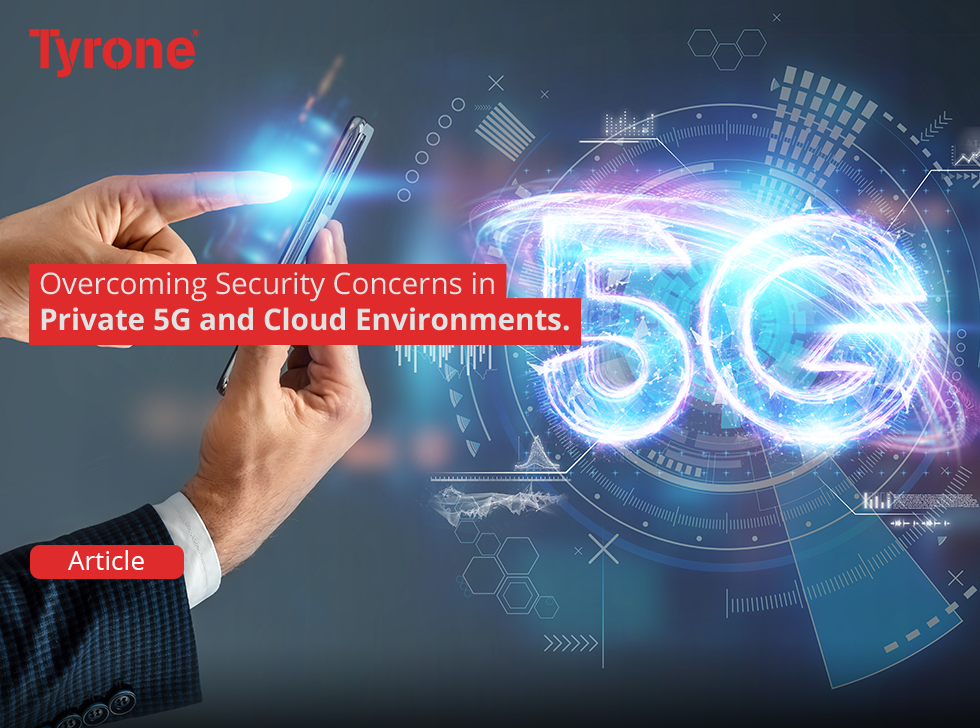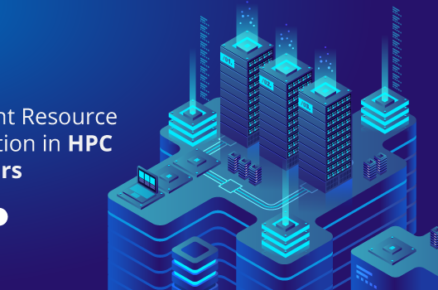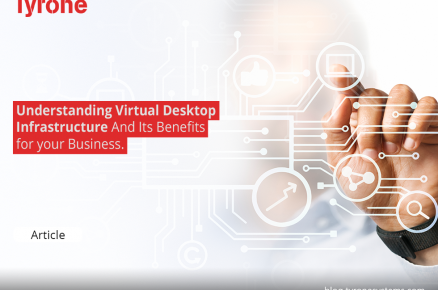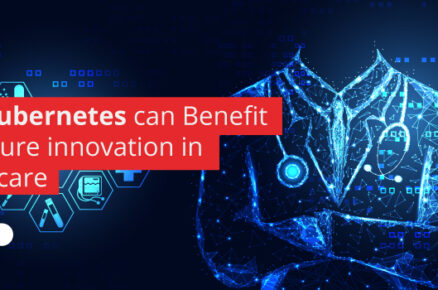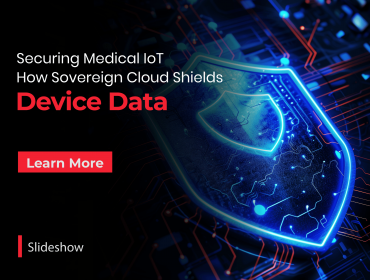As private 5G networks and cloud environments become increasingly prevalent, organizations must address the security concerns associated with these technologies. Private 5G networks offer enhanced connectivity and flexibility, while cloud environments provide scalable storage and computing power. However, without proper security measures in place, these advancements can leave businesses vulnerable to various threats. This article aims to explore the security concerns related to private 5G and cloud environments and provide strategies for overcoming them.
Understanding Private 5G Networks and Cloud Environments
Private 5G networks are localized networks that utilize 5G technology to connect devices within a specific area. These networks offer higher data speeds, lower latency, and improved reliability compared to traditional Wi-Fi or wired networks. On the other hand, cloud environments enable organizations to store, process, and access data and applications remotely, offering flexibility and cost-effectiveness.
The Importance of Security in Private 5G and Cloud Environments
In private 5G and cloud environments, security plays a vital role in protecting sensitive data, maintaining business continuity, and safeguarding against cyber threats. Breaches in these environments can lead to financial loss, reputational damage, and regulatory non-compliance. Therefore, organizations must prioritize security to ensure the integrity, confidentiality, and availability of their data and systems.
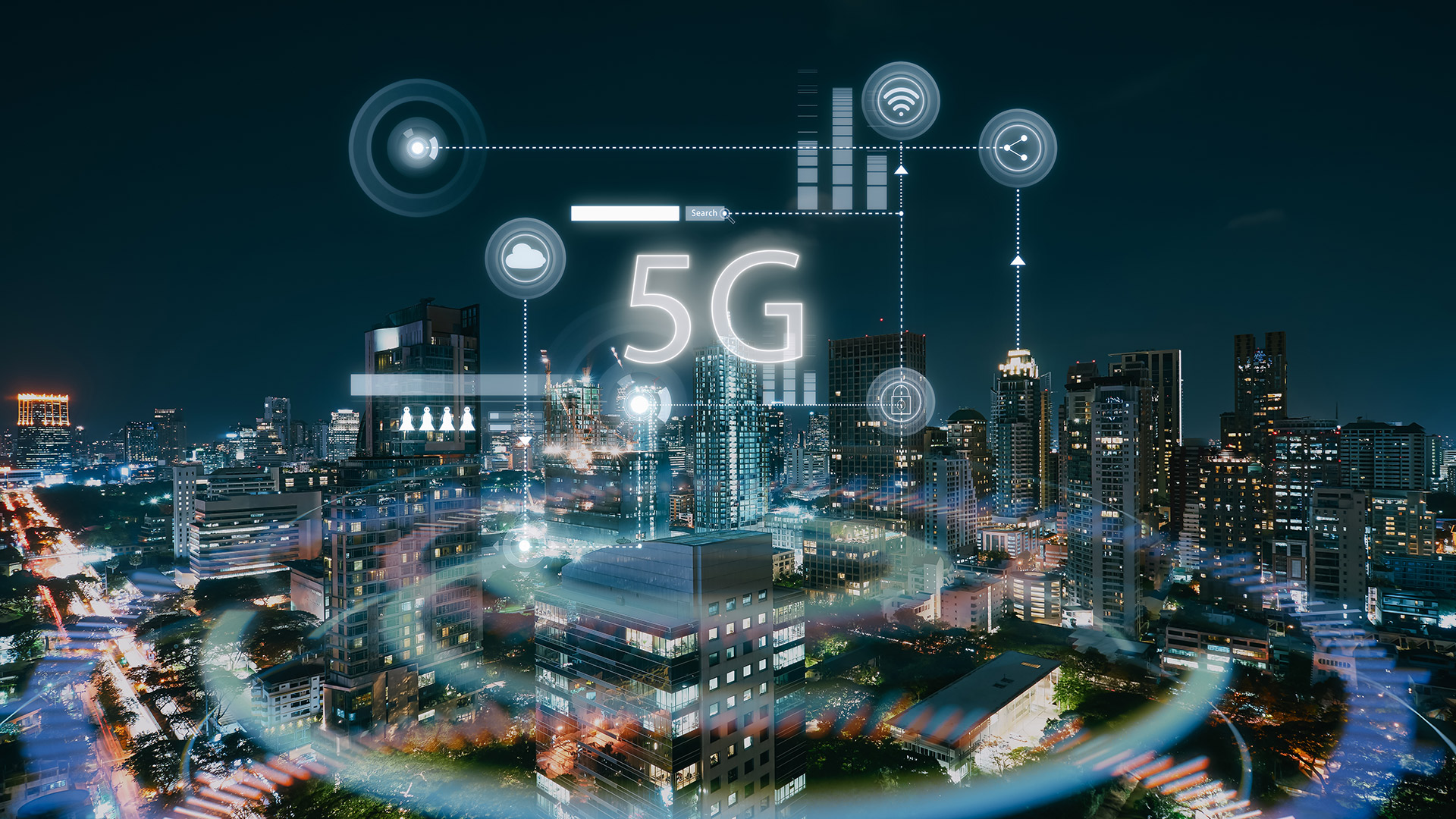
Common Security Concerns
Unauthorized Access
One of the primary concerns in private 5G and cloud environments is unauthorized access. If unauthorized individuals gain access to the network or cloud resources, they can potentially steal or manipulate sensitive data, disrupt operations, or launch attacks on other systems.
Data Breaches
Data breaches pose a significant threat in private 5G and cloud environments. Attackers may exploit vulnerabilities in the network or cloud infrastructure to gain unauthorized access to sensitive information, compromising the privacy of individuals or exposing confidential business data.
Insider Threats
Insider threats, whether intentional or unintentional, can pose serious risks to private 5G and cloud environments. Malicious insiders may abuse their privileges to access and misuse sensitive data, while inadvertent mistakes by well-intentioned employees can also lead to security breaches.
Network Vulnerabilities
Private 5G networks and cloud environments are susceptible to various network vulnerabilities. Weak configurations, unpatched systems, and inadequate security controls can leave networks exposed to attacks, potentially compromising the integrity and confidentiality of data.
Lack of End-to-End Encryption
Without robust encryption mechanisms, data transmitted over private 5G networks or stored in cloud environments may be vulnerable to interception and unauthorized access. Lack of end-to-end encryption increases the risk of data breaches and compromises data integrity.
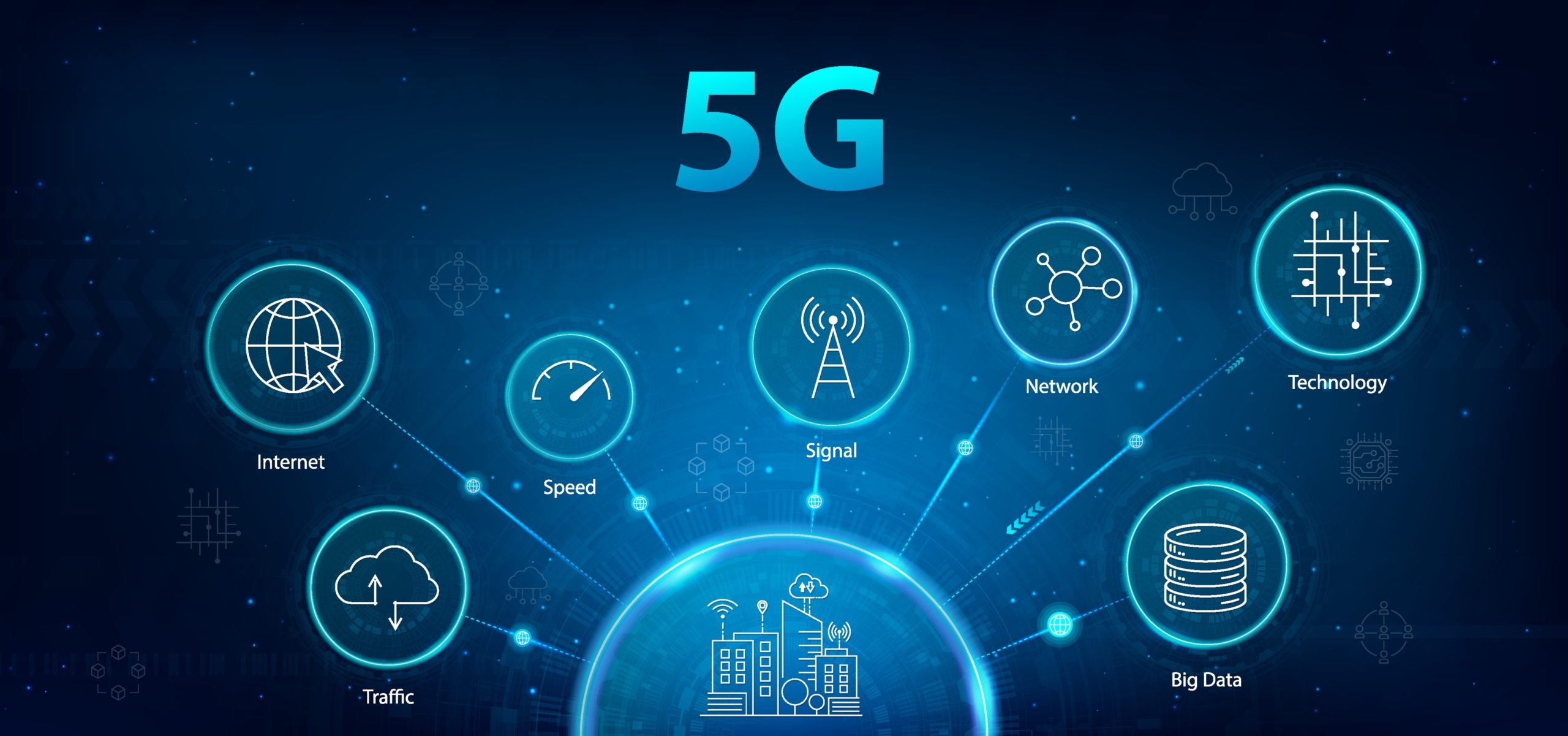
Strategies to Overcome Security Concerns
To address security concerns in private 5G and cloud environments, organizations can implement the following strategies:
Implement Strong Access Control Measures
Enforcing strong access control measures is crucial to prevent unauthorized access. Organizations should adopt secure authentication protocols, implement role-based access controls, and regularly review user permissions to ensure that only authorized individuals can access the network or cloud resources.
Employ Multi-Factor Authentication
Multi-factor authentication adds an extra layer of security by requiring users to provide multiple forms of verification. By combining something they know (e.g., a password), something they have (e.g., a smartphone), and something they are (e.g., biometrics), organizations can significantly enhance the security of their private 5G and cloud environments.
Regularly Update and Patch Systems
Keeping network and cloud systems up to date with the latest security patches is crucial for mitigating vulnerabilities. Regularly updating software, firmware, and operating systems helps address known security flaws and reduces the risk of exploitation by attackers.
Conduct Thorough Security Audits
Periodic security audits allow organizations to identify vulnerabilities and weaknesses in their private 5G and cloud environments. By conducting comprehensive assessments, organizations can proactively detect and address security gaps, ensuring the overall integrity and resilience of their systems.
Educate Employees on Security Best Practices
Human error is a common cause of security breaches. Organizations should provide regular security awareness training to employees, educating them about best practices, such as using strong passwords, identifying phishing attempts, and reporting suspicious activities. Well-informed employees are crucial in maintaining a secure environment.
Leveraging Encryption Technologies
Implementing robust encryption technologies is vital to protect data in private 5G and cloud environments. Encryption ensures that data is securely transmitted and stored, even if it falls into the wrong hands. Organizations should adopt industry-standard encryption algorithms and protocols to safeguard their sensitive information.
Importance of Continuous Monitoring and Threat Detection
Continuous monitoring and threat detection systems play a crucial role in identifying and responding to security incidents in real-time. By implementing robust monitoring tools, organizations can detect unusual activities, suspicious network traffic, or unauthorized access attempts promptly, enabling timely mitigation of potential threats.
Collaborating with Security Experts
Engaging with security experts and partnering with reputable cybersecurity firms can provide organizations with valuable insights and expertise. Security professionals can assess the organization’s security posture, recommend appropriate security measures, and help implement effective security controls tailored to private 5G and cloud environments.

Conclusion
While private 5G networks and cloud environments offer numerous benefits, addressing security concerns is paramount to ensure the protection of sensitive data and maintain business continuity. By implementing strong access control measures, leveraging encryption technologies, conducting regular security audits, and educating employees, organizations can mitigate security risks and build resilient private 5G and cloud environments.
FAQs
- What is a private 5G network?
- A private 5G network is a localized network that utilizes 5G technology to connect devices within a specific area, offering higher data speeds, lower latency, and improved reliability compared to traditional Wi-Fi or wired networks.
- How does cloud computing enhance business operations?
- Cloud computing enhances business operations by providing scalable storage and computing power. It allows organizations to store and access data and applications remotely, offering flexibility, cost-effectiveness, and the ability to scale resources based on demand.
- What are the risks associated with private 5G and cloud environments?
- Risks associated with private 5G and cloud environments include unauthorized access, data breaches, insider threats, network vulnerabilities, and the lack of end-to-end encryption.
- What are the benefits of implementing strong access control measures?
- Implementing strong access control measures ensures that only authorized individuals can access private 5G networks and cloud resources, reducing the risk of unauthorized access, data breaches, and malicious activities.
- How can organizations ensure the security of their private 5G and cloud environments?
- Organizations can ensure the security of their private 5G and cloud environments by implementing strategies such as strong access control measures, multi-factor authentication, regular system updates and patches, security audits, employee education, encryption technologies, continuous monitoring, threat detection, and collaborating with security experts.


